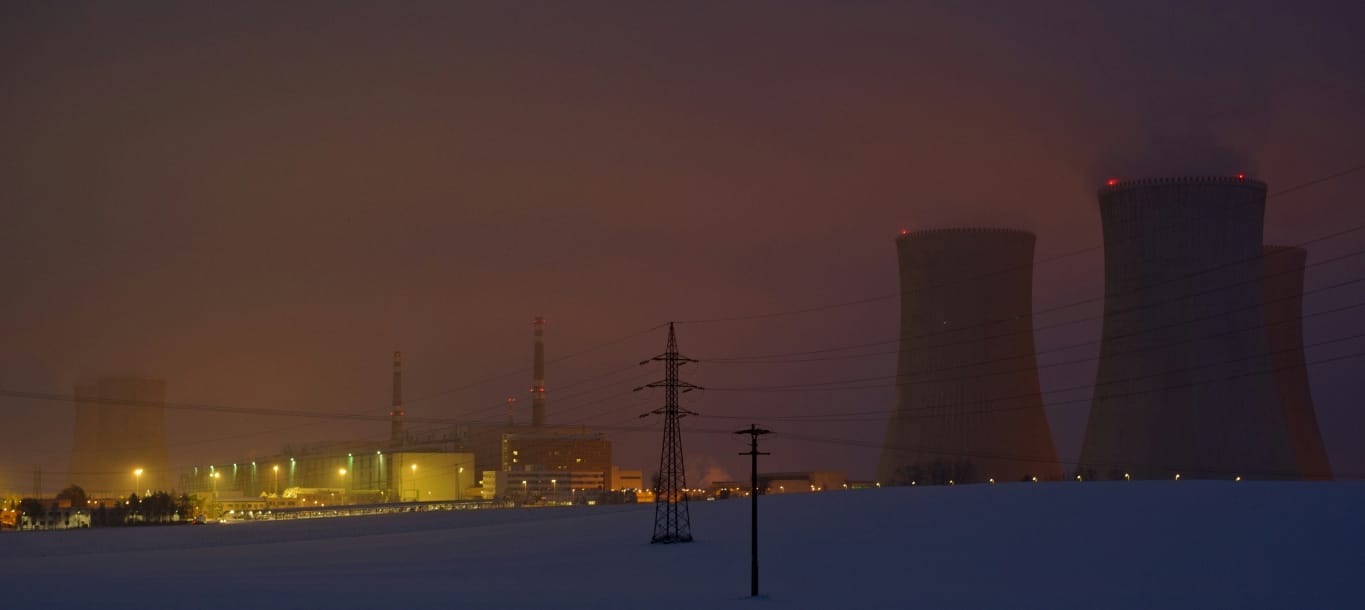What is a nuclear facility operator?
A nuclear facility operator controls the flow of electricity from nuclear power plants. They are responsible for running the technology that manages nuclear reactors, devices used at power plants for electricity generation. Through tasks like testing reactor elements, monitoring refuelling and adjusting reactor controls, they ensure that everyone who works in or lives near a power plant is kept safe.
What are the responsibilities of a nuclear facility operator?
- Monitoring and operating power plant equipment like boilers and reactors.
- Performing safety tests, drawing samples and simulating certain operating conditions to ensure that all systems are operating normally. This could include monitoring air pressure, water levels, temperatures and checking the robustness of practical equipment.
- Responding to abnormalities or faults by determining the cause and taking corrective action.
- Reporting more serious faults to supervisors.
- Complying with safety policies and procedures to maintain environmental safety and proper radiation levels. This is typically done via record keeping and work reports on computer systems.
- Researching and implementing new technological advances that improve the effectiveness of the power plant.
What’s it like working as a nuclear operator?
One thing to note about this role is that it’s quite physically intensive. You could be carrying heavy items, and manoeuvring large equipment and its components. Depending on where the business needs are, you could even find yourself working in confined spaces or working at a high height.
Given the hazards associated with nuclear waste, you’ll also be wearing personal protective equipment, which includes breathing apparatus and a plastic suit.
In terms of the working environment, nuclear operators are required to work shifts. This ensures that there’s always someone keeping the power plant running safely. As a result, you might need to work weights, weekends and bank holidays.
One advantage of this working style is that while you’ll end up completing two or three shifts back to back, this will be followed by a similar period of time off. This provides you with more flexibility when planning holidays and time off work.
How do I become a nuclear operator?
You could complete a university or college course in nuclear engineering, electrical engineering, physics or a related subject. There are also specialised apprenticeships designed to prepare you for a career as a nuclear operative, such as the Level 3 Maintenance and Operations Engineering Technician Apprenticeship and the Level 5 Nuclear Technician Apprenticeship. Nuclear training is a crucial part of working as a nuclear operator, so an apprenticeship allows you to gain fully-funded training and paid experience from an employer in the sector.
